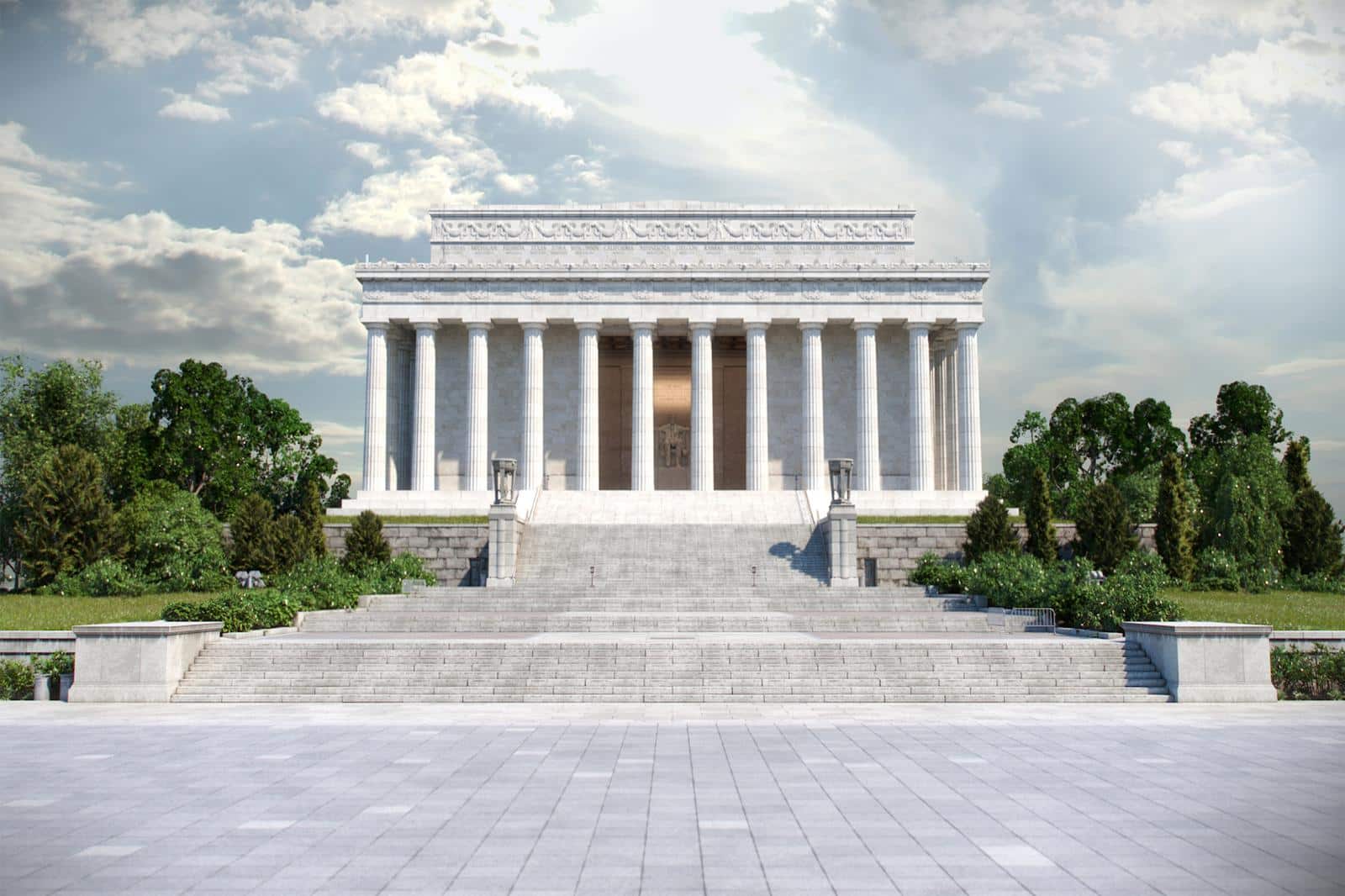Economic Opportunity Act of 1964
President Lyndon B. Johnson proposed a “War on Poverty” in 1964 that took form in an omnibus poverty bill (S. 2642) that was enacted…
This encyclopedia provides a comprehensive reference explaining the major concepts, institutions, court cases, epochs, personalities, and policies that have shaped, or been shaped by, American federalism. It describes federalism’s creation and evolution, and its influence on local, state, and national governmental institutions, procedures, and policies. The models used to explain the various historical eras in the development of federalism are also included. Originally published by Greenwood Press in 2005, this encyclopedia contained over 400 entries relating to American federalism. In its current online form, entries are being added and old ones updated. See more…

President Lyndon B. Johnson proposed a “War on Poverty” in 1964 that took form in an omnibus poverty bill (S. 2642) that was enacted…
In Dunn v. Blumstein (1972), the U.S. Supreme Court struck down Tennessee’s durational residency requirement to vote. The law required a one-year residency in…
Article IV of the Constitution contains the phrase “The citizens of each state shall be entitled to all privileges and immunities of citizens in…
In Edwards v. California (1941), the U.S. Supreme Court invalidated California’s “anti-Okie” law, which had made it a crime to bring an indigent person, who was not a…
See Incorporation (Nationalization) of the Bill of Rights
Article I, Section 8, provides, “The Congress shall have Power . . . To make all Laws which shall be necessary and proper for…
While there has been little argument that the United States operates in a federal system—one where the powers of government are divided between the…
The Hartford Convention, a gathering of New England Federalists held from December 15, 1814, to January 4, 1815, was the product of hostilities between the two…
There is currently no text in this page. You can search for this page title in other pages, or search the related logs, but you do not…
Article III, Section 2, of the U.S. Constitution provides that the judicial power of the United States shall extend to controversies “between citizen of…
See Seventeenth Amendment
Also referred to as local control, community autonomy, and self-governance, home rule is the principle that local governments in the American federal system should…
Munn v. State of Illinois was the leading late nineteenth century precedent discussing the scope of state police powers under the federal constitution. State…
183 to 195
|
481 Results
The Center for the Study of Federalism (CSF) is a nonpartisan, interdisciplinary research and education institution dedicated to supporting and advancing scholarship and public understanding of federal theories, principles, institutions, and processes as practical means of organizing power in free societies.
All of the CSF Fellows hold advanced degrees, are affiliated with academic institutions, and are scholarly experts in their fields. For more on each Fellow see CSF Fellows.
Most political and public issues in the United States are influenced to some extent by its federal system. Yet many do not understand that system. The CSF website seeks to foster a better understanding among the general public and scholars of federal governing systems generally and, specifically, of the federal system of government in the United States of America.
The CSF materials are free to use for educational purposes. If published, please acknowledge CSF as the source. If you intend to use these materials for profit, please, contact the Center for the Study of Federalism for permission. Some materials on the website are not owned by CSF and permission to use those materials should be sought with those holding legal title to the material.
Click here to sign-up to receive notifications about CSF materials and events. We will not share your email with any outside organizations or individuals.
Please direct all questions and comments related to this website, and inquiries about the research and teaching grants and awards, to us here. Remember CSF is a nonpartisan, interdisciplinary research and education institution.